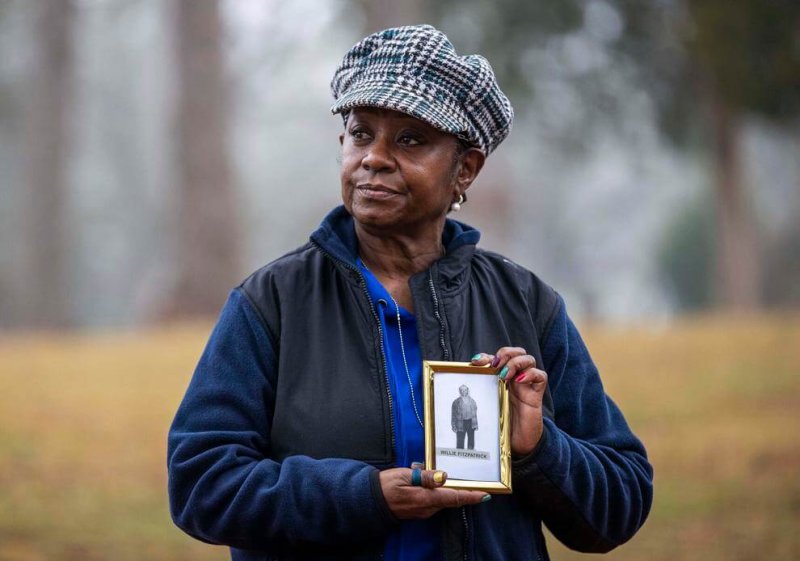Beginning in the 1930s, federal officials enrolled hundreds of Black men in Tuskegee in an experiment to examine the effects of untreated syphilis. The men were told they were being treated for “bad blood,” according to the U.S. Centers for Disease Control and Prevention. In fact, the infected were left to suffer and die from syphilis, decades after treatment existed.
Chris Pernell, a physician conducting nationwide outreach regarding Covid-19 vaccines, said the legacy of the Tuskegee study has made many Black people wary of the shots. As officials race to get shots into arms, inoculation rates in Black communities have fallen behind.
At Tuskegee’s farmers market on a recent morning, David Banks said he won’t get the shot because he doesn’t trust those administering it. The 67-year-old said some neighbors have said they suspect the first dose of a two-shot regimen is used to infect a person, and the second to see if they are cured.
“It’s cynical,” he said. “But like I said, they have reason to be.”
“You can’t be in Tuskegee and not have the Tuskegee syphilis study in the back of your mind,” said Rueben Warren, director of Tuskegee University’s National Center for Bioethics in Research and Health Care.































